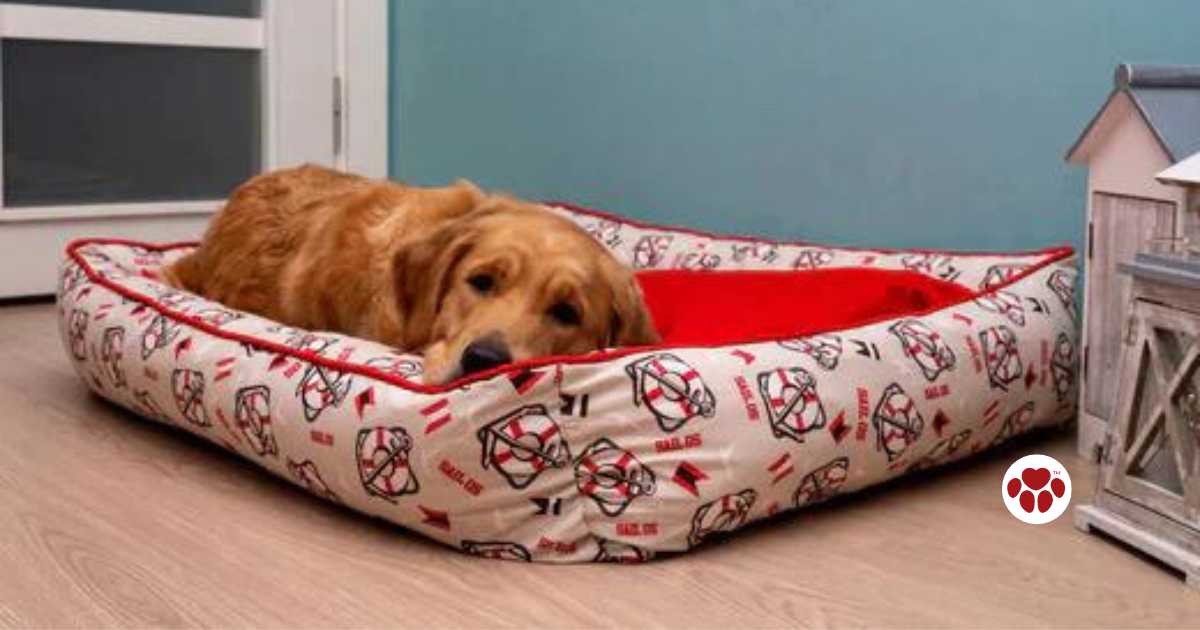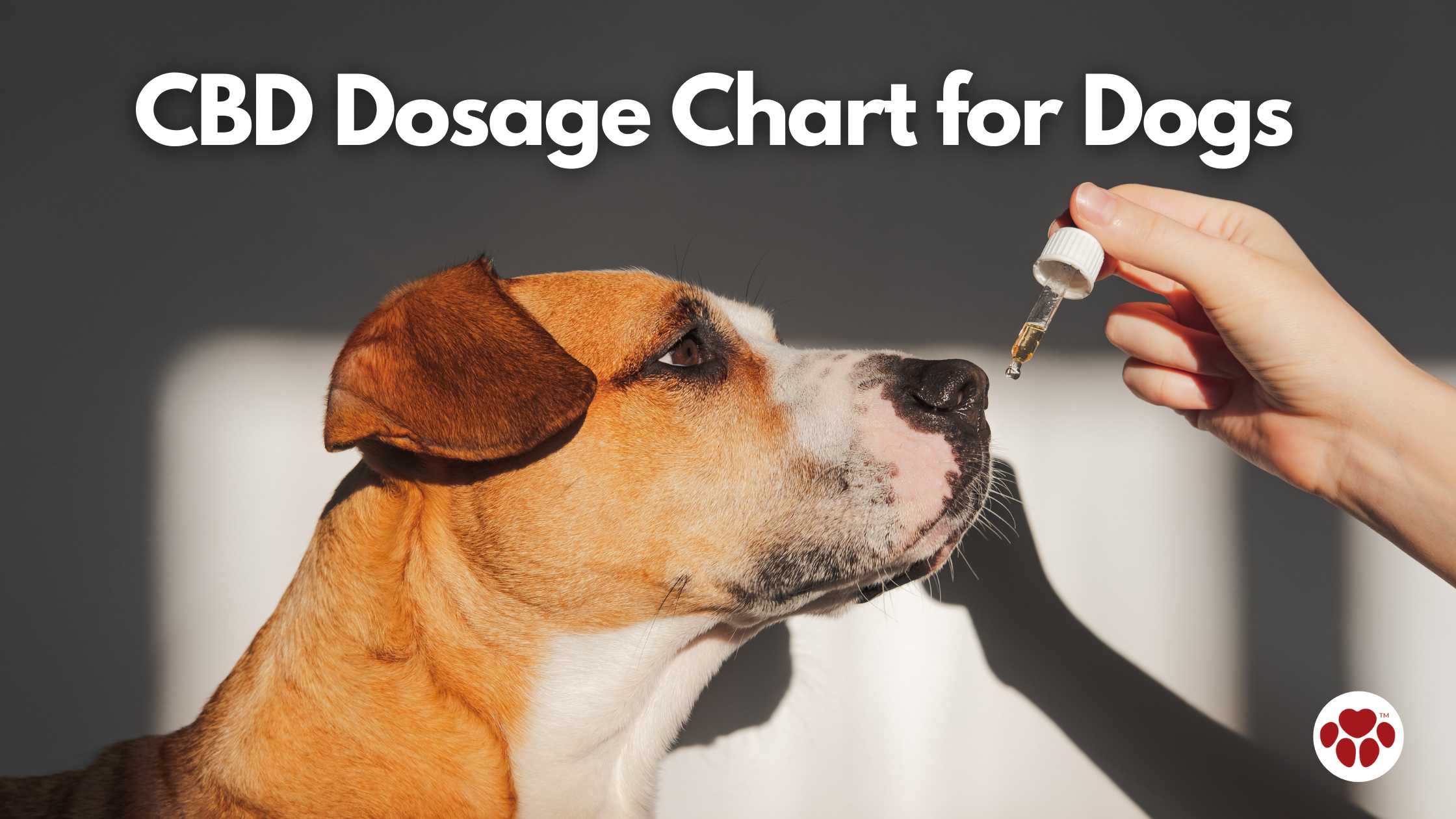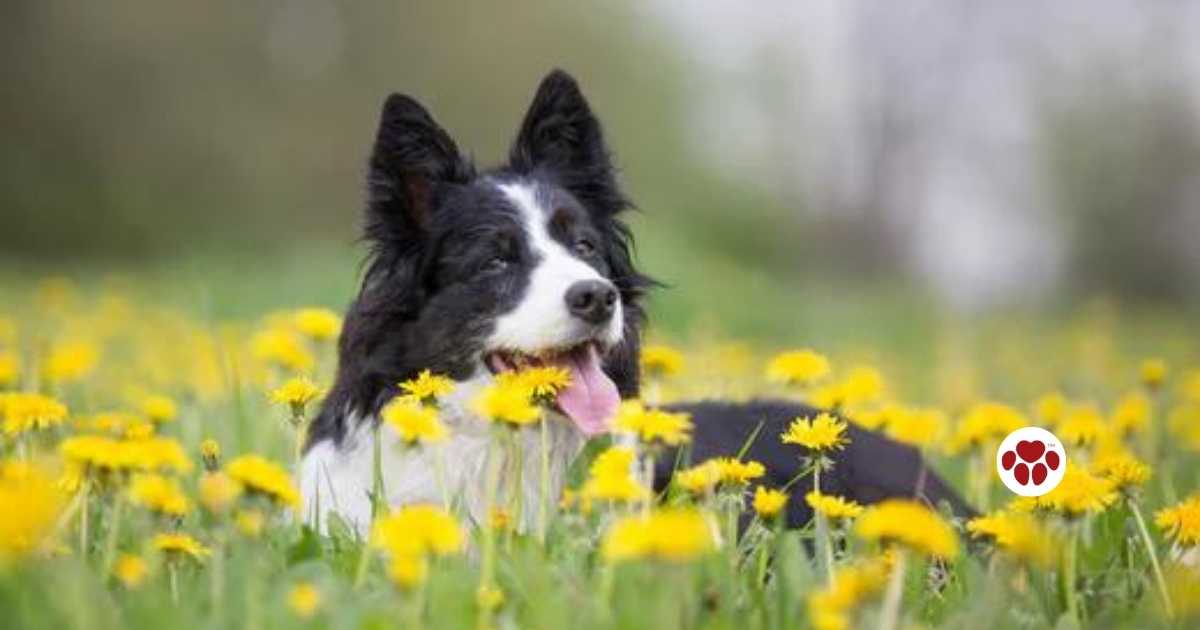
Understanding Yellow Bile Vomiting in Dogs
Understanding Yellow Bile Vomiting in Dogs
Is your furry friend experiencing an upset stomach and vomiting yellow bile? It can be concerning to see your dog in distress. Understanding the cause of yellow bile vomiting is crucial to help alleviate their discomfort and get them back to their playful selves.
In this comprehensive guide, we will break down everything you need to know about yellow bile vomiting in dogs, which includes:
- What is yellow bile vomiting in dogs?
- Common causes of yellow bile vomiting in dogs
- Symptoms of yellow bile vomiting in dogs
- When to seek veterinary care for yellow bile vomiting
- Home remedies for yellow bile vomiting in dogs
- Home remedies for yellow bile vomiting in dogs
- Diet and feeding tips for dogs with upset stomachs
- Preventing yellow bile vomiting in dogs
- Medical treatments for yellow bile vomiting in dogs
- Supportive care for dogs with yellow bile vomiting
- Conclusion and final thoughts
What is yellow bile vomiting in dogs?
Yellow bile vomiting in dogs refers to the regurgitation of a yellowish fluid known as bile. Bile is produced by the liver and stored in the gallbladder. It plays a vital role in the digestion of fats. When a dog's stomach is empty for an extended period, bile may flow back into the stomach and eventually be expelled through vomiting.
There are several reasons why a dog may experience yellow bile vomiting. One common cause is an empty stomach, which can occur if your dog hasn't eaten for an extended period.
Other potential causes include dietary issues, gastrointestinal problems, stress, or even underlying medical conditions. It's essential to identify the underlying cause to effectively address your dog's vomiting episodes.
Common causes of yellow bile vomiting in dogs
1. Empty Stomach
When a dog's stomach is empty for an extended period, bile may accumulate and cause vomiting. This can happen if your dog hasn't eaten for several hours or if they are on an irregular feeding schedule.
2. Dietary Issues
Certain dietary factors can contribute to yellow bile vomiting. Abrupt diet changes, overeating, or consuming fatty or spoiled foods can irritate the stomach and lead to vomiting.
3. Gastrointestinal Problems
Dogs with gastrointestinal issues such as gastritis, pancreatitis, or inflammatory bowel disease may experience yellow bile vomiting. These conditions can cause inflammation and disrupt the normal digestive process.
4. Stress and Anxiety
Dogs are sensitive creatures, and stress or anxiety can trigger vomiting episodes. Common stressors include changes in routine, travel, separation anxiety, or exposure to loud noises.
5. Underlying Medical Conditions
In some cases, yellow bile vomiting may be a symptom of an underlying medical condition. Conditions such as liver disease, gallbladder problems, pancreatitis, or intestinal blockages can cause bile to accumulate in the stomach and lead to vomiting.
Symptoms of yellow bile vomiting in dogs
It's important to recognize the symptoms of yellow bile vomiting in dogs to determine the best course of action. Here are some common signs to watch out for:
1. Vomiting yellow or greenish fluid
The most obvious symptom is the regurgitation of yellow or greenish fluid, which indicates the presence of bile.
2. Loss of appetite
Dogs experiencing yellow bile vomiting may exhibit a decreased interest in food or refuse to eat altogether.
3. Lethargy
If your dog is feeling unwell, they may appear lethargic or lack their usual energy.
4. Dehydration
Repeated vomiting can lead to dehydration (Webb, 2022). Watch out for signs such as dry gums, sunken eyes, or reduced skin elasticity.
5. Abdominal discomfort
Dogs may show signs of abdominal discomfort, such as restlessness, hunching, or sensitivity when their belly is touched.
When you notice these symptoms, it's essential to monitor your dog closely and seek veterinary care if the vomiting persists or if your dog's condition worsens.
When to seek veterinary care for yellow bile vomiting

While occasional yellow bile vomiting may not be cause for immediate concern, certain situations warrant veterinary attention. Contact your veterinarian if:
1. The vomiting is persistent
If your dog is unable to keep any food or water down and continues to vomit yellow bile for more than 24 hours, it's crucial to seek veterinary care (Mick, L. & Higgs, V., 2023).
2. Your dog appears distressed
If your dog is in pain, seems lethargic, or displays other concerning symptoms, it's best to consult with your veterinarian for a proper diagnosis.
3. There are additional symptoms
If your dog exhibits symptoms such as diarrhea, blood in the vomit, difficulty breathing, or a bloated abdomen, it's important to seek immediate veterinary care.
Remember, it's always better to err on the side of caution when it comes to your pet's health. A veterinarian will be able to assess your dog's condition, identify the underlying cause, and recommend appropriate treatment options.
Home remedies for yellow bile vomiting in dogs

If your dog's yellow bile vomiting is mild and not accompanied by other concerning symptoms, you may try some home remedies to help alleviate their discomfort. However, it's important to consult with your veterinarian before attempting any home treatments. Here are some home remedies that may help:
1. Small, frequent meals
Feed your dog smaller meals more frequently throughout the day. This can help prevent the stomach from becoming empty, reducing the likelihood of bile vomiting.
2. Bland diet
Consider feeding your dog a bland diet for a few days. This may include boiled chicken or lean ground turkey mixed with cooked white rice. This can be easier on the digestive system (Hammond, S. & Barnette, C., 2022)
3. Hydration
Ensure that your dog has access to fresh water at all times to prevent dehydration. Dehydration can be a concern if vomiting is persistent.
4. Gradual diet changes
If you plan to change your dog's diet, do so gradually over a few days to minimize gastrointestinal upset.
5. Probiotics
Probiotics may help restore the balance of beneficial bacteria in the gut. Consult with your veterinarian before introducing any supplements. The study of Xu, H., et al in 2019 showed that probiotics improve canine health and immunity by promoting feed intake, weight gain, and regulating gut microbiota. Consult with your veterinarian about the appropriate probiotic supplement for your dog
6. Monitor for other symptoms
Keep a close eye on your dog for any signs of distress, lethargy, diarrhea, or other concerning symptoms. If these occur, seek veterinary attention promptly.
Diet and feeding tips for dogs with upset stomachs

Proper diet and feeding practices play a crucial role in managing your dog's upset stomach and preventing yellow bile vomiting. Here are some tips to consider:
Consistent feeding schedule
Establish a regular feeding routine for your dog. Aim for two to three meals per day, spaced evenly throughout the day. Avoid leaving food out all day, as it can contribute to an empty stomach and bile accumulation.
High-quality, balanced diet
Feed your dog a high-quality, balanced diet that suits their age, breed, and specific dietary needs. Look for dog food that contains easily digestible proteins, limited fats, and a good balance of fiber.
Avoid table scraps
Resist the temptation to feed your dog from the table. Human food, especially fatty or spicy foods can trigger pancreatitis, and may lead to yellow bile vomiting (Montgomery, J. & Fontana, L., 2023).
Slow and controlled eating
Some dogs tend to eat too quickly, which can contribute to vomiting. Consider using puzzle feeders or slow-feed bowls to encourage slower eating and better digestion.
Monitor food allergies
If your dog has a history of food allergies or sensitivities, work with your veterinarian to identify and eliminate potential triggers from their diet.
By following these diet and feeding tips, you can help prevent episodes of yellow bile vomiting and maintain your dog's overall digestive health.
Preventing yellow bile vomiting in dogs

Prevention is key when it comes to managing yellow bile vomiting in dogs. Here are some preventive measures you can take:
Regular veterinary check-ups
Schedule regular check-ups with your veterinarian to monitor your dog's overall health and address any underlying issues before they escalate.
Gradual diet changes
If you need to change your dog's diet, do so gradually to minimize digestive upset. Introduce new foods slowly, mixing them with their current diet over several days.
Stress management
Dogs can experience stress and anxiety, which can contribute to yellow bile vomiting. Provide them with a calm environment, regular exercise, and plenty of mental stimulation.
Avoid sudden changes in feeding routine and diet
Abrupt changes in your dog's diet can upset their stomach and lead to vomiting. Stick to a consistent feeding routine and introduce new foods, treats, snacks, or supplements gradually.
Safe and appropriate toys
Ensure your dog has safe and appropriate toys to prevent them from ingesting foreign objects that may lead to gastrointestinal issues.
By implementing these preventive measures, you can reduce the likelihood of your dog experiencing yellow bile vomiting and keep their digestive system healthy.
Medical treatments for yellow bile vomiting in dogs

In some cases, medical intervention may be necessary to address yellow bile vomiting in dogs. Depending on the underlying cause, your veterinarian may recommend the following treatments:
Medications
Your veterinarian may prescribe medications such as antiemetics or antacids to help alleviate your dog's vomiting and reduce stomach acid.
Diagnostic tests
To identify the underlying cause of yellow bile vomiting, your veterinarian may perform diagnostic tests such as blood work, fecal analysis, X-rays, ultrasound, or endoscopy (MacMillan, R., 2021).
Gastrointestinal support
In cases of gastrointestinal inflammation or infection, your veterinarian may recommend specific medications or dietary supplements to help soothe the digestive system.
Surgery
In severe cases where an underlying condition, such as an intestinal blockage, is causing yellow bile vomiting, surgical intervention such as exploratory abdominal surgery may be necessary (Williams, K. & Ward, E., 2024).
It's important to follow your veterinarian's recommendations and complete the prescribed treatment plan to ensure the best outcome for your dog's health.
Supportive care for dogs with yellow bile vomiting

While addressing the underlying cause is crucial, providing supportive care to your dog can help alleviate their discomfort and aid in their recovery. Here are some tips for providing supportive care:
1. Keep your dog comfortable
Create a quiet, comfortable space for your dog to rest. Provide soft bedding and ensure the temperature is neither too hot nor too cold.
2. Monitor water intake
Encourage your dog to drink water to prevent dehydration. If necessary, offer water in small amounts frequently or try using ice cubes or diluted chicken broth to entice them.
3. Administer medications as prescribed
If your veterinarian prescribes medications, ensure they are given as directed. Follow the recommended dosage and complete the full course of treatment.
4. Observe for changes in behavior
Monitor your dog's behavior for any changes or worsening symptoms. Note any improvements or new concerns to discuss with your veterinarian.
5. Follow dietary recommendations
If your veterinarian provides specific dietary instructions, follow them carefully to support your dog's recovery and prevent further digestive upset.
By providing your dog with the necessary supportive care, you can help them recover more quickly and comfortably.
Final Thoughts
Yellow bile vomiting in dogs can be distressing for both pet owners and their furry companions. It's important to understand the underlying causes, recognize the symptoms, and take appropriate action to address the issue.
With the right care, attention, and preventive measures, you can help your dog maintain a healthy digestive system and enjoy a happy, vomit-free life. Your furry friend deserves nothing less than the best, so let's work together to keep them feeling their very best.





















